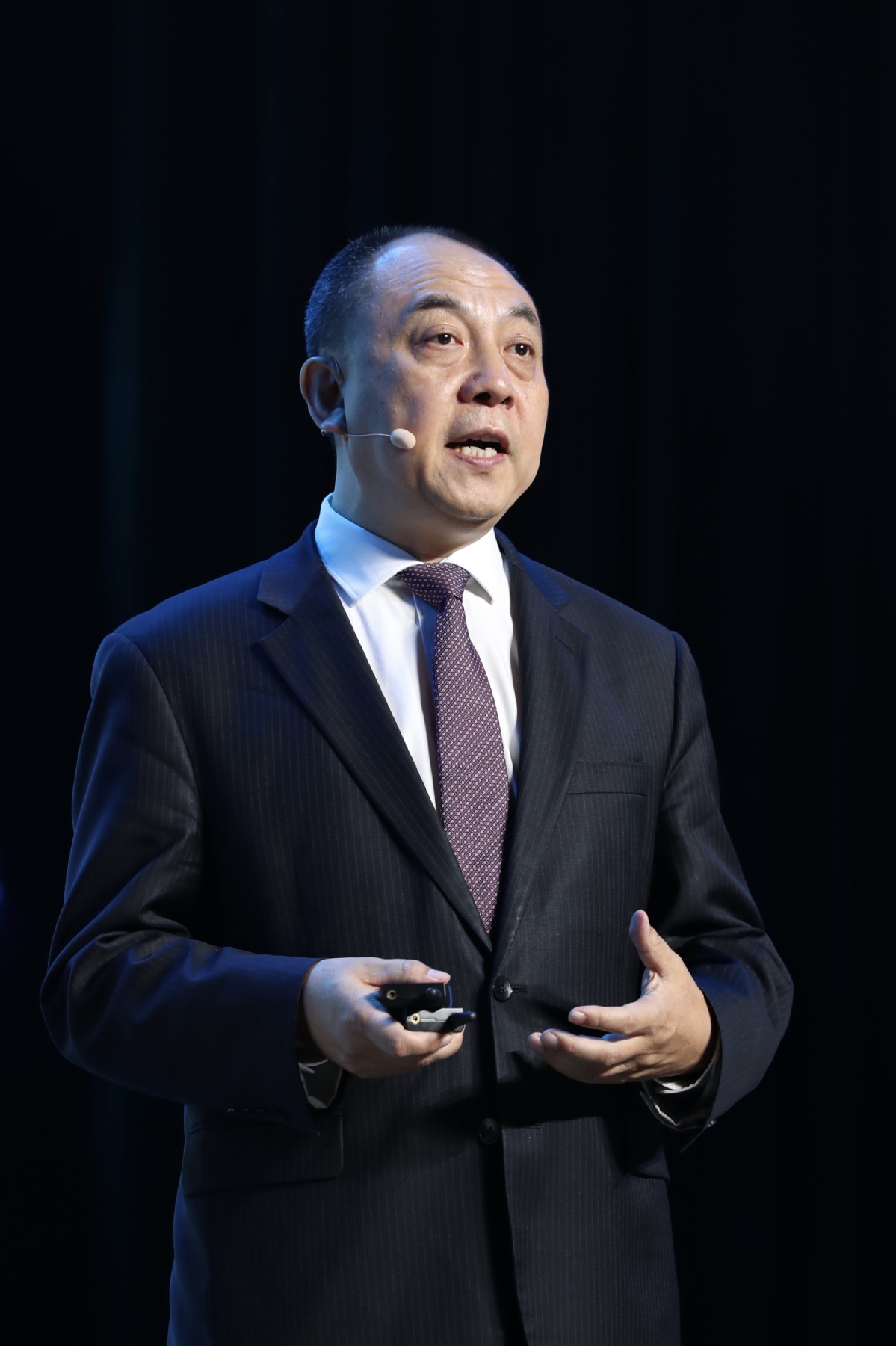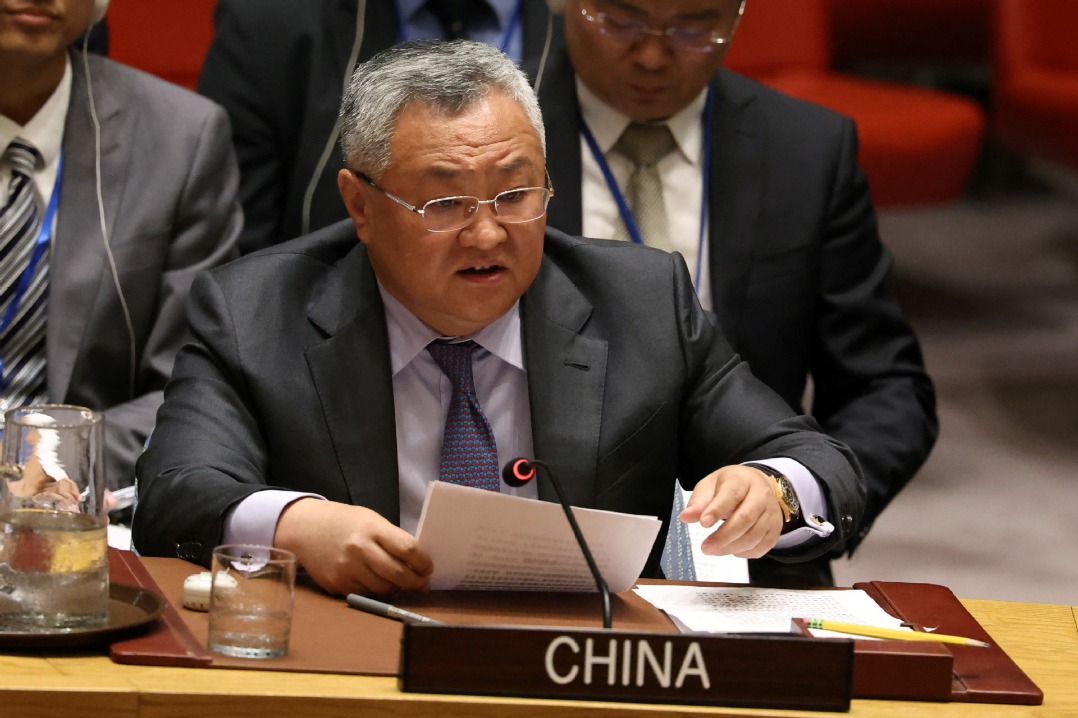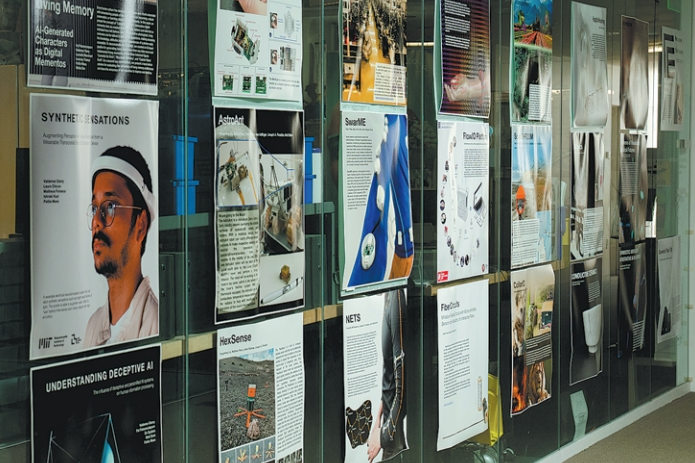Sustainability and inclusiveness crucial for progress


China has been shaping a top-down consensus to develop artificial intelligence application in restructuring its economy, said a leading public policy scholar.
"We have already reached such policy consensus (in developing artificial intelligence) and implementing decisions by taking a top-down approach will be effective," said Qi Ye, director of the Institute for Public Policy at the Hong Kong University of Science and Technology.
In recent years, China has already rolled out policy packages in this area, following similar steps by the United States, the European Union, Japan and other global players, by turning itself into an innovation power.
"But we need to pay attention to regulations and the worldwide discussion in this direction should be heard," said Qi, who left Tsinghua University earlier this year to take up his new post.
Qi was director of the Brookings-Tsinghua Center for Public Policy at Tsinghua University based in Beijing.
Qi suggested that there should be more discussions about regulating the development and application of intelligent technology in the future and that more problems will appear beyond the technical level with the continuous development of intelligent technology.
"Governments have insufficient understanding of intelligence, especially artificial intelligence, and the rule-making process falls far behind the development of the technology, which may bring risks in the future," he said.
For example, Qi said, there is plenty of research on applying intelligent technology for military purposes. However, the number of studies on what kind of rules should be used to regulate and govern the application is limited.
"Without effective control, it will have unimaginable consequences," he added. "Thus we must start to discuss the improvement of public policy to standardize our behavior."
Meanwhile, Qi suggested people should start to consider intelligent technology from a more ethical and philosophical perspective, such as its impact on society.
"In the era of mechanized production, machines replaced manual workers. Something similar may happen to those working in the service industry when it comes to the intelligence era," he said. "What about their future? How should we solve the employment issues?"
Speaking of the future, Qi said the new round of innovation featuring intelligence should benefit people as well as solve problems brought by the previous development processes.
Qi said, with the development of productivity, there are still a large number of people around the world living below the poverty line, and resources are still being wasted and destroyed.
"We must make good use of the development of intelligent technology, otherwise we might face a more terrible situation in the future," he said. "Thus, sustainability and inclusiveness should be the future direction and golden standard of innovation development."
Qi received his doctorate in Environmental Science in 1994, and taught ecosystem management and climate change science at the Department of Environmental Science, Policy and Management at the University of California, Berkeley from 1996 through 2003.
Emphasizing sustainability, Qi admitted that intelligence is not yet being effectively applied in the protection of the natural environment and resources as it is "a costly field" that is unlikely to result in short-term economic benefits.
"I feel that we are still quite far away from being able to see the whole picture and the truth of the intelligent age," he said. "Then, the application will be extensive in this area."































